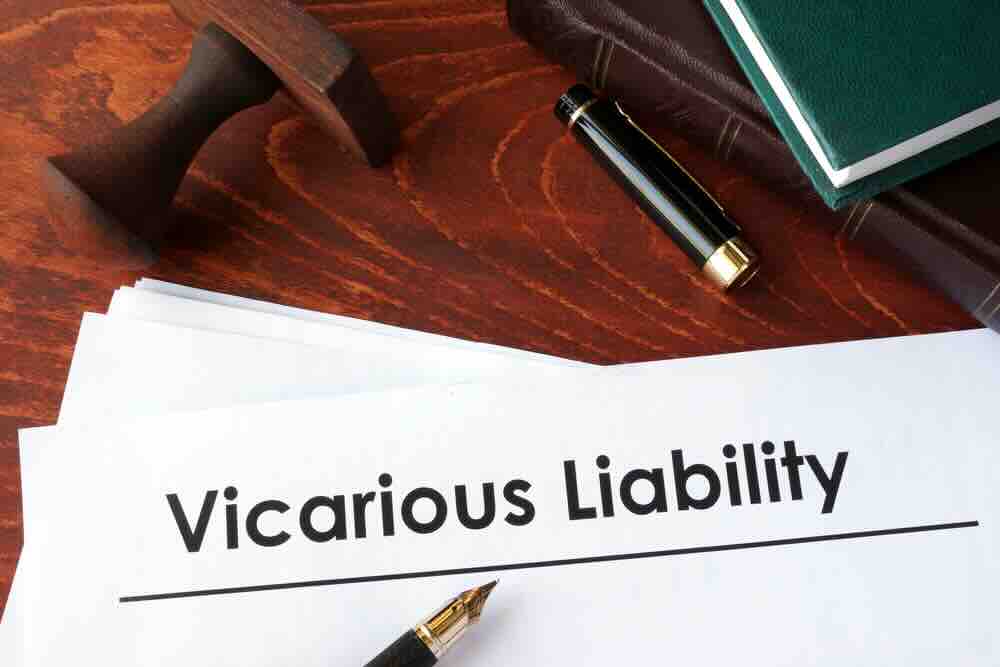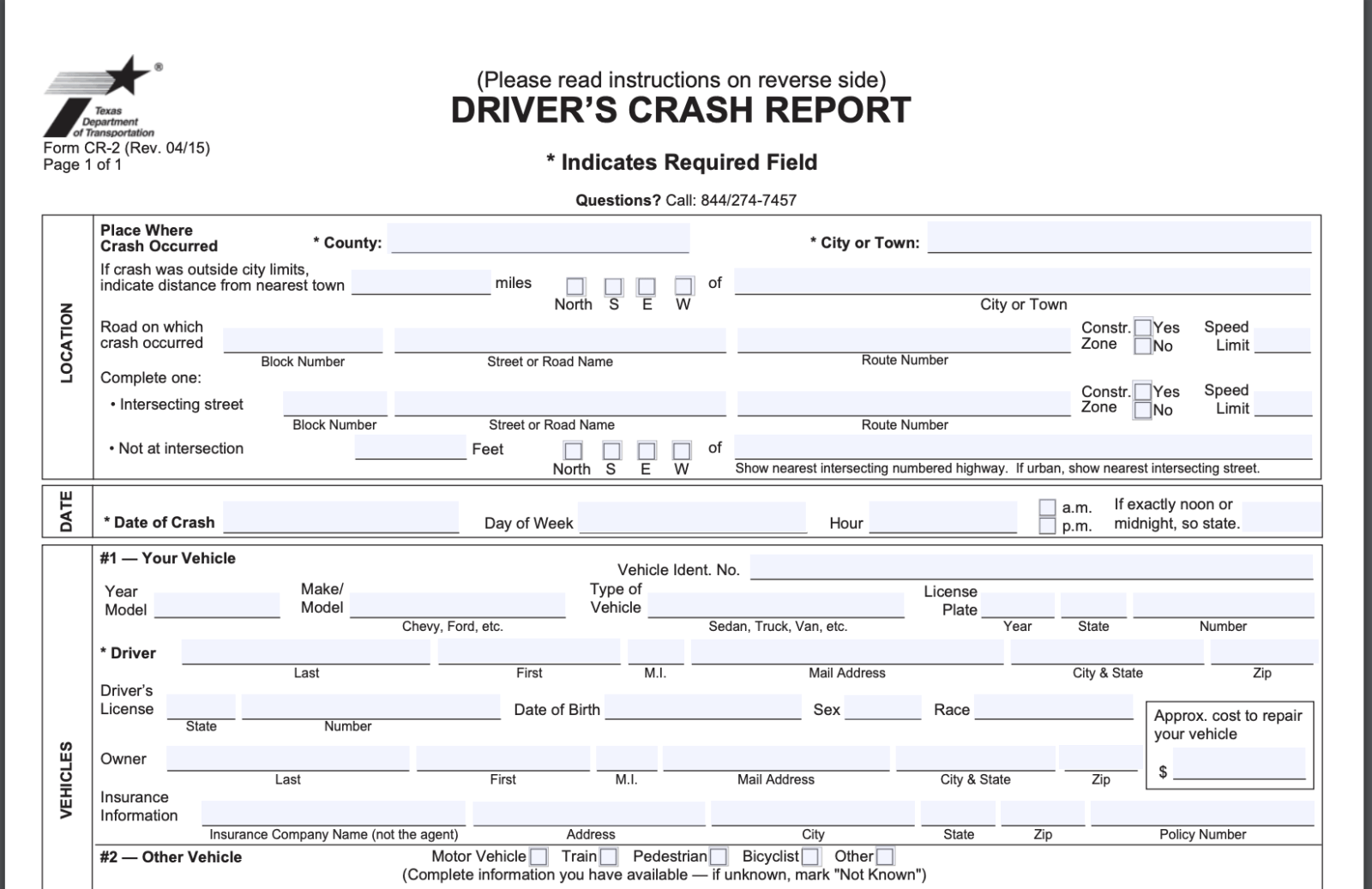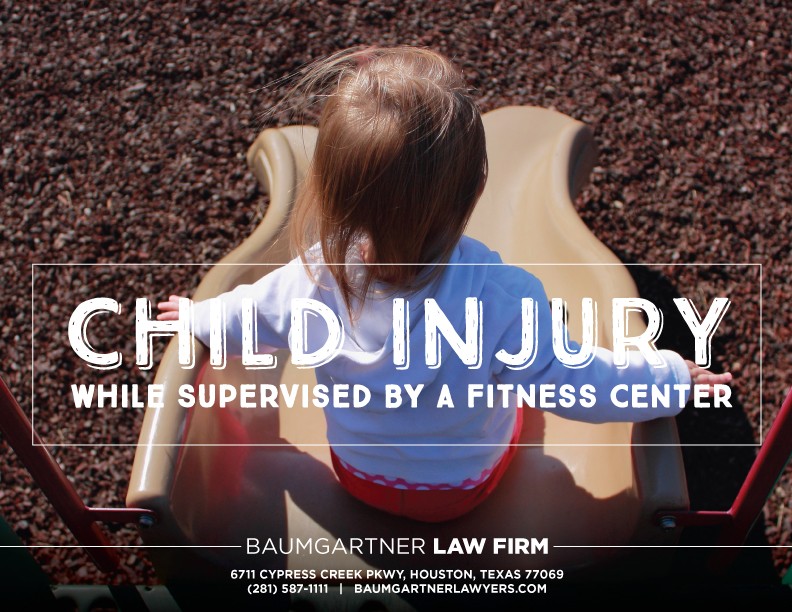Driving Without Insurance in Texas: Legal and Financial Consequences
The penalties for driving without insurance in Texas are severe. It is a serious offence that can lead to significant legal and financial consequences. Understanding these penalties is crucial for all drivers to ensure compliance with state laws and avoid the repercussions associated with being uninsured.
Texas law mandates that all drivers maintain minimum liability insurance to operate a vehicle legally. Failure to provide proof of financial responsibility can result in the following penalties:
- First Offence:
- Fines range from $175 to $350.
- An annual surcharge of $250, payable for three years, totalling $750.
- Second and Subsequent Offences:
- Fines between $350 and $1,000.
- Possible suspension of your driver’s license until proof of insurance is provided.
- Potential impoundment of your vehicle for up to 180 days, with associated towing and storage fees.
These penalties underscore the importance of maintaining valid auto insurance coverage as required by Texas law. If the driver can show the court that they had auto insurance at the time of the ticket, the case should be dismissed.
Financial Liability in the Event of an Accident
Driving without insurance exposes you to legal penalties and places you at significant financial risk if you’re involved in an accident. Texas follows a fault-based system for car accidents, so the at-fault driver is liable for all damages resulting from the collision. Without insurance, you would be personally responsible for covering expenses such as medical bills, pain and suffering, property damage, lost wages, and other related costs, which can be financially devastating.
Other Consequences of No Liability Insurance
Beyond legal and financial penalties, driving without insurance can lead to additional repercussions:
- Increased Insurance Premiums: A conviction for driving without insurance can label you as a high-risk driver, leading to higher premiums when you obtain coverage.
- SR-22 Requirement: You may be required to file an SR-22 form, a certificate of financial responsibility, which is often mandated for high-risk drivers and can further increase insurance costs.
- License and Registration Suspension: Repeated offences can result in the suspension of your driver’s license and vehicle registration, complicating your ability to operate a vehicle legally.
Read More: Car Accidents and Lapsed Insurance in Texas
What is the Required Car Insurance in Texas?
The state of Texas has minimum auto insurance liability requirements. The minimum car insurance coverage is:
- $30,000 bodily injury insurance coverage for one person
- $60,000 for bodily injury per accident
- $25,000 for liability property damage coverage
Texas is a comparative fault state that requires victims to prove that the insured driver caused the accident to recover damages.
Why do I Need to Prove Liability for a Car Accident?
Because Texas is a comparative false state, an injury victim must be able to prove negligence on the part of the driver who caused the crash.
To prove negligence, you must have proof of the following:
- Duty – this can be proven by violation of a traffic law or rules of the road.
- Breach of duty – The driver did not comply with the duty they owed. For example, failure to yield the right of way.
- Cause—The other driver’s conduct caused the accident. It is not enough that the other driver violated a traffic law; the violation must have caused the crash.
- Damages – you must prove your damages were caused by the accident.
Contact Baumgartner Law Firm for Help with a Car Accident Injury Claim
Collecting damages can be difficult if the other driver did not have insurance coverage at the time of the crash. One option is to review your own automobile insurance policy to see if you have uninsured motorist coverage. An uninsured motorist claim can be made on your own auto policy for damages with an uninsured driver.
Our injury attorney in Houston serves the greater Houston area. If you need help, call us for a free case consultation.
Baumgartner Law Firm
Contact the Houston personal injury law firm of Baumgartner Law Firm at (281) 587-1111.
6711 Cypress Creek Pkwy, Houston, TX, 77069
Visit our Personal Injury Law Firm in Houston
Related Resources:













